Benefits of Matcha

Instead of brewing a hot cup of coffee to start your day, reach for this ancient superfood to power up your morning. Matcha is more than just the latest health trend, it can be traced back to the 8th century and has been used in zen and Buddhist ceremonies since the 1500s. Like all tea, matcha comes from the Camellia sinensis plant. Unlike black or green teas which are dried and/or fermented, matcha is made when steamed, dried tea leaves are ground into fine powder. It’s traditionally prepared by whisking the tea into boiling water.
Caffeine content
If you’re looking for a morning dose of caffeine, look no further than matcha. Coffee contains 80-100 milligrams of caffeine which takes effect almost immediately. In contrast, one teaspoon of powdered matcha (a typical serving) has about 60 to 80 milligrams of caffeine. Coffee outpaces matcha when it comes to caffeine but matcha’s added benefits may convince you to break your coffee habit.
Unlike coffee, matcha contains phytonutrients like L-theanine which can help your body process caffeine more gradually and ward off the afternoon coffee slump. A 2014 study on the effects of green tea and memory showed promising results. Participants drank a milk whey-based soft drink containing 27.5 g of green tea extract or a milk whey-based soft drink before their brain activity was evaluated in a functional magnetic resonance imaging. Green tea drinkers showed greater working memory processing or short term memory activity.
In addition to boosting alertness and helping you feel more focused, caffeine can help boost metabolism. Studies conducted on animals show that consuming green tea, including matcha, can help increase resting fat metabolism and fat oxidation but more research needs to be done on human subjects to confirm these results. Researchers suggest that caffeine boosts brown fat, also known as “good fat.” Brown fat is part of the essential fat in our bodies which helps generate heat, metabolize nutrients, and regulate fat accumulation.
EGCG and other antioxidants
Matcha has long been renowned for its high antioxidant content; including catechins, flavonoids, and polyphenols, especially epigallocatechin gallate (EGCG). Antioxidants are important because they help prevent or slow damage to cells and ward off diseases like cancer and heart disease. When we don’t consume enough antioxidants, our bodies are subject to oxidative stress which can lead to a decrease in performance, inflammation, wrinkles, and general malaise.
EGCG in particular has been shown to boost health both inside and out. The polyphenols and antioxidants found in matcha have antimicrobial, anti-inflammatory, and antineoplastic properties which can help tame oily skin, reduce acne, and improve skin elasticity for a younger-looking visage. You can enjoy these benefits when consuming matcha or when using it topically in skin care products.
A reason to smile
Coffee is an acidic beverage which can cause heartburn and bad breath. Coffee creates an acidic environment in your mouth which can contribute to bacteria growth and cavities. Java drinkers also know that coffee can stain your enamel and lead to yellowed teeth.
In contrast, matcha’s high flavonoid content (30% of the dry weight of a leaf) has been shown to reduce the growth of harmful oral bacteria like P. gingivalis, Prevotella intermedia and Prevotella nigrescens and boost enamel strength. In fact, matcha can help prevent the formation of plaque and bacteria that cause cavities.
Acid vs. alkaline
Thanks to its lower acid profile, matcha is also less likely to cause heartburn or other stomach upset associated with coffee. Coffee can lead to the overproduction of stomach acid which may make you feel queasy on your commute or even contribute to ulcers down the line. Coffee registers around 5 on the pH scale (where 7 is neutral) while matcha is an alkaline 9. Consuming more alkaline foods can help your body produce good bacteria and protect the natural functioning of your immune system.










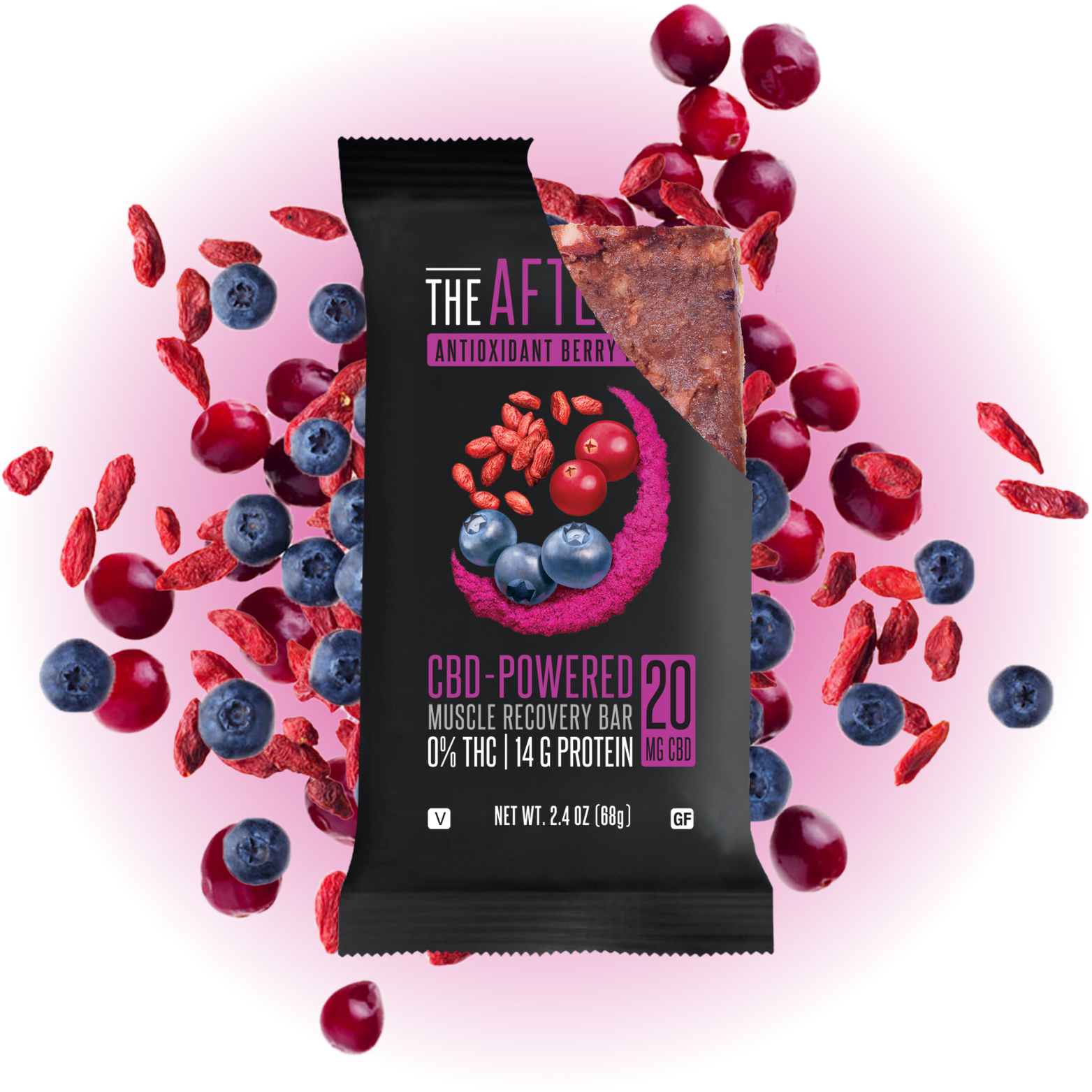
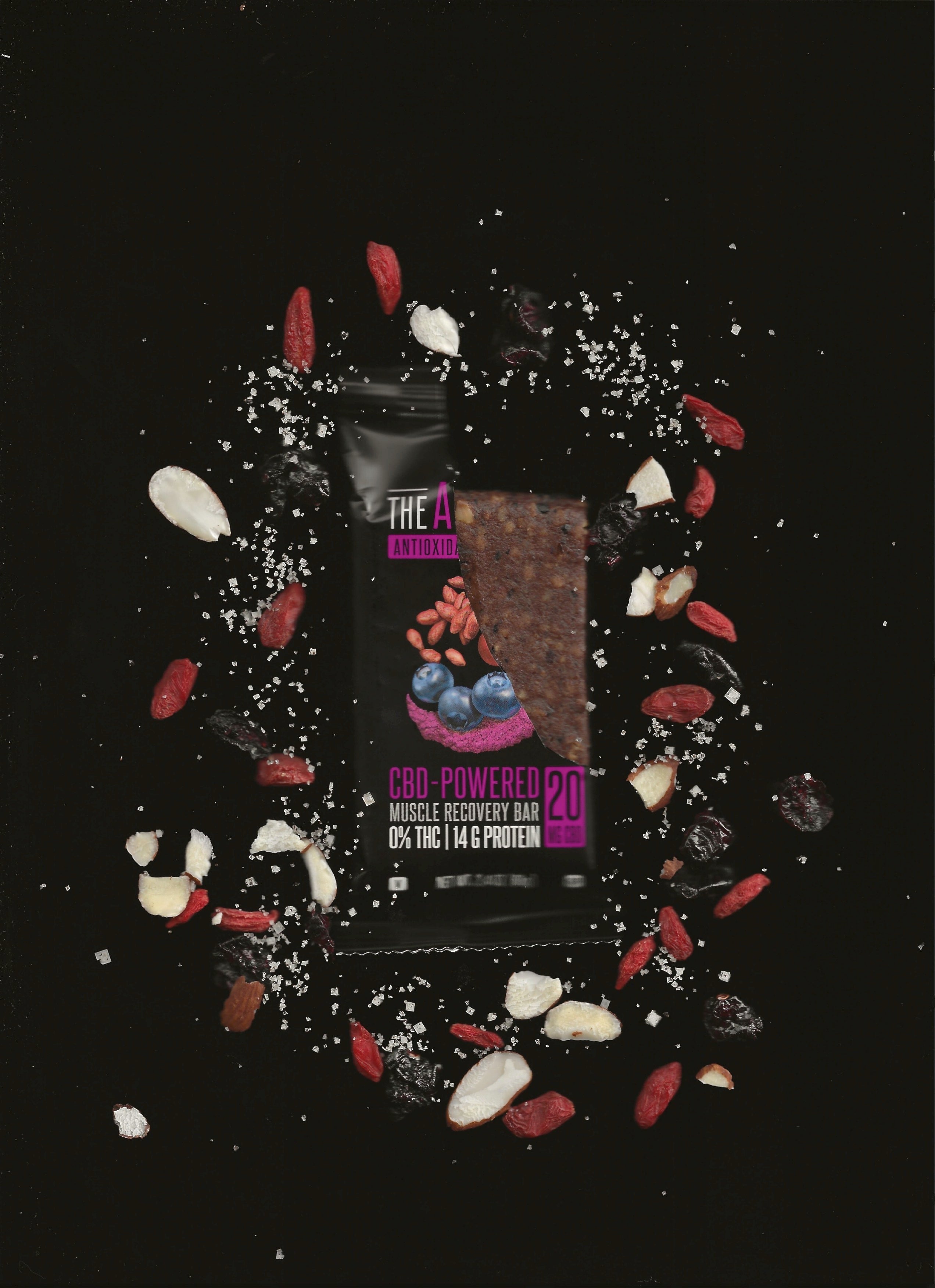

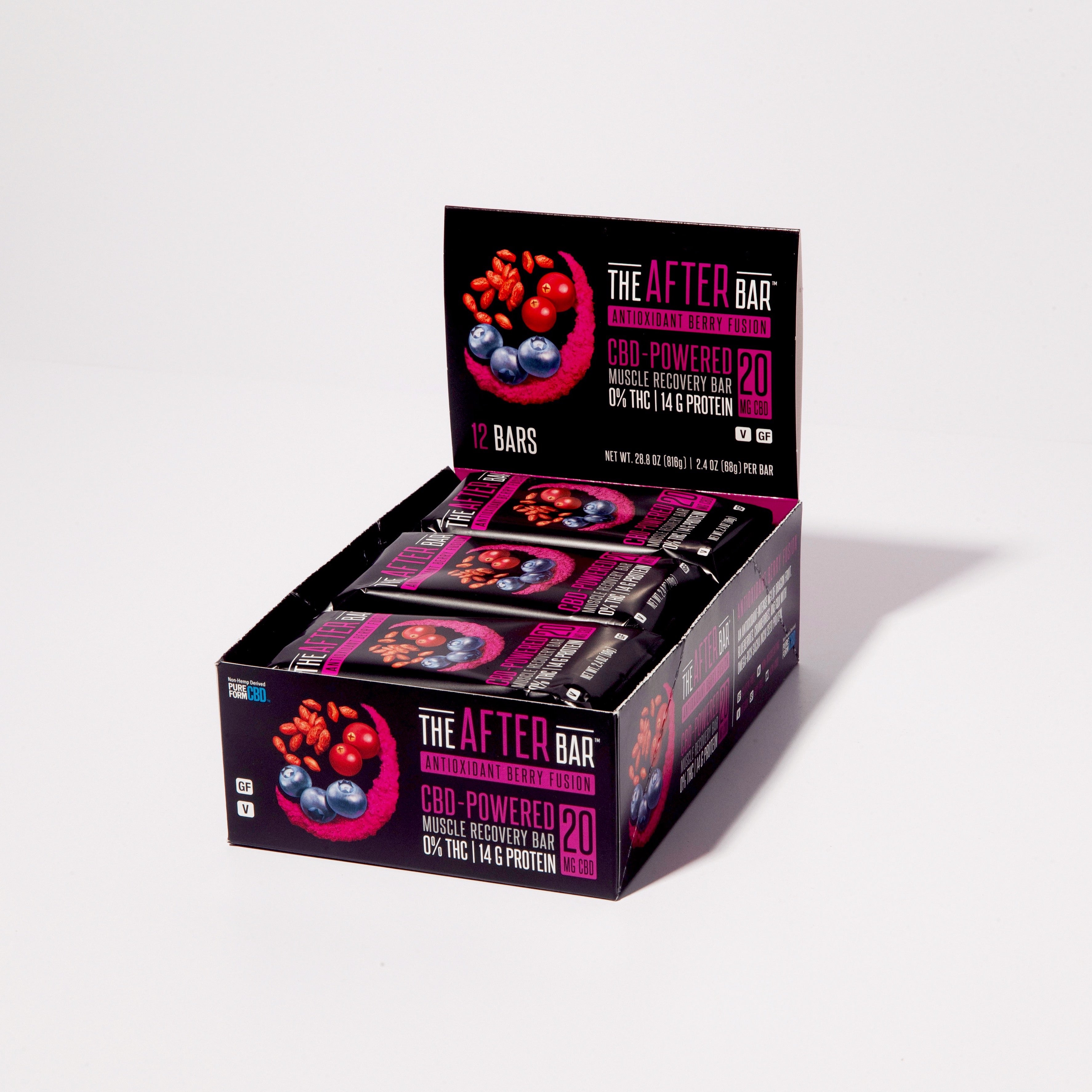
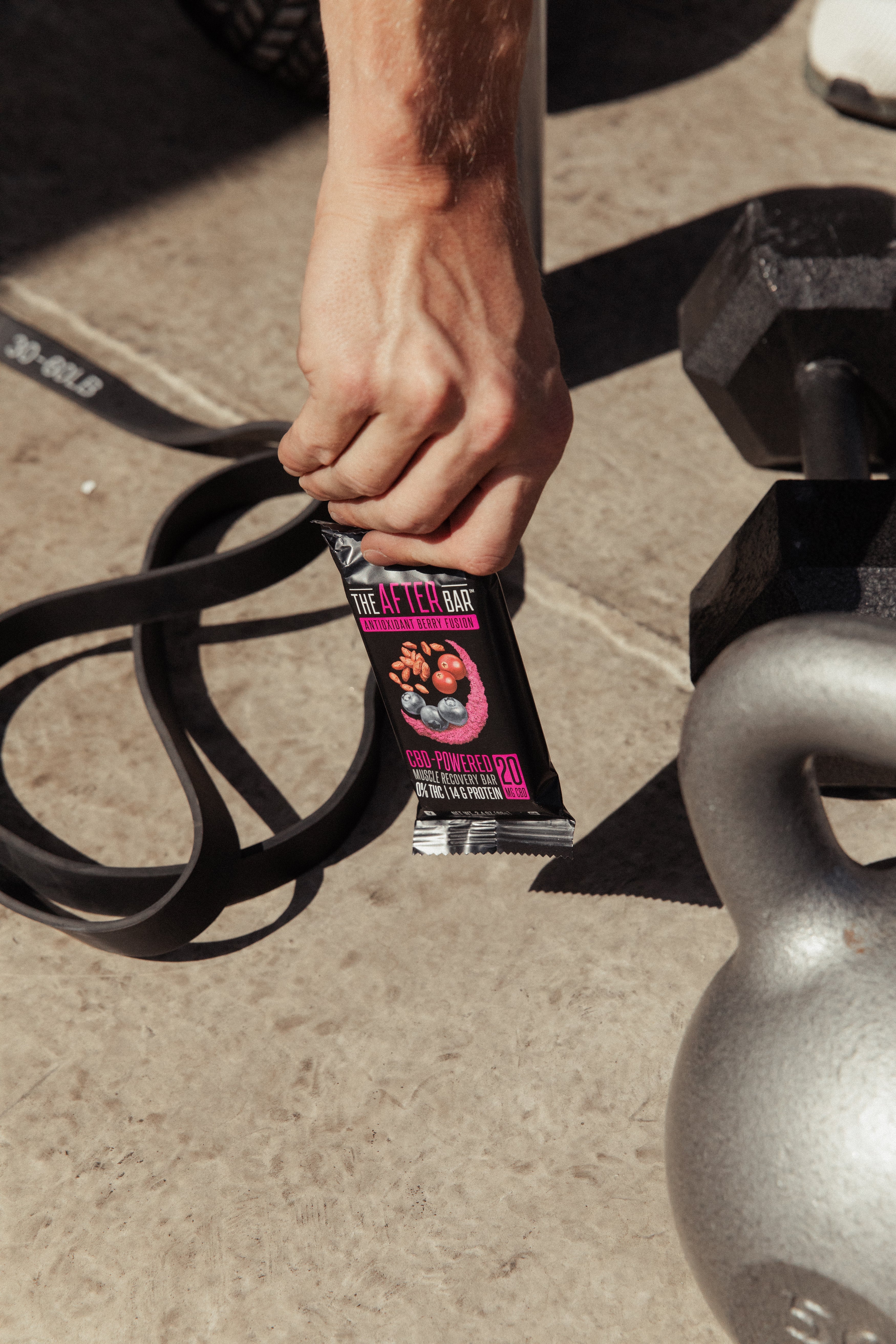
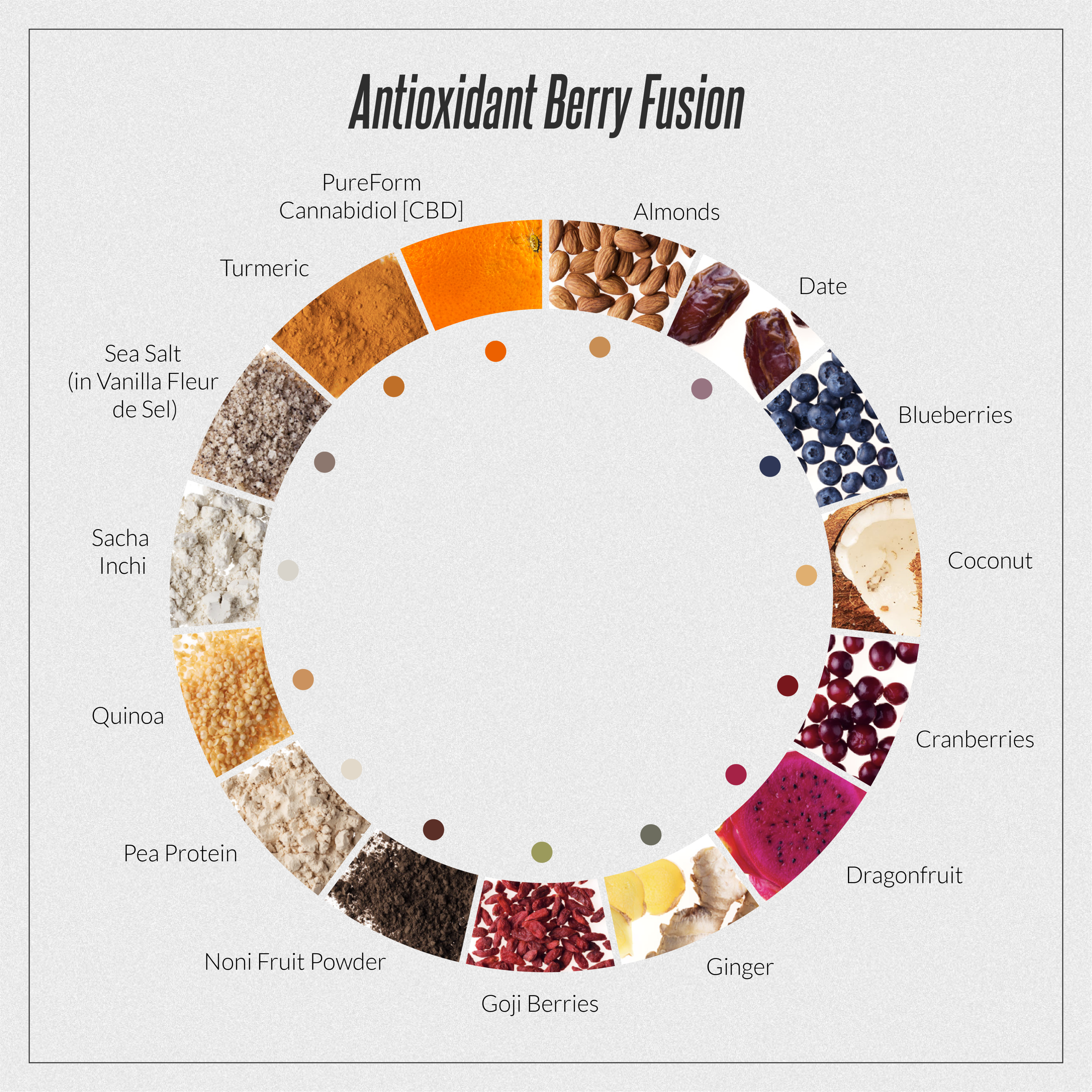
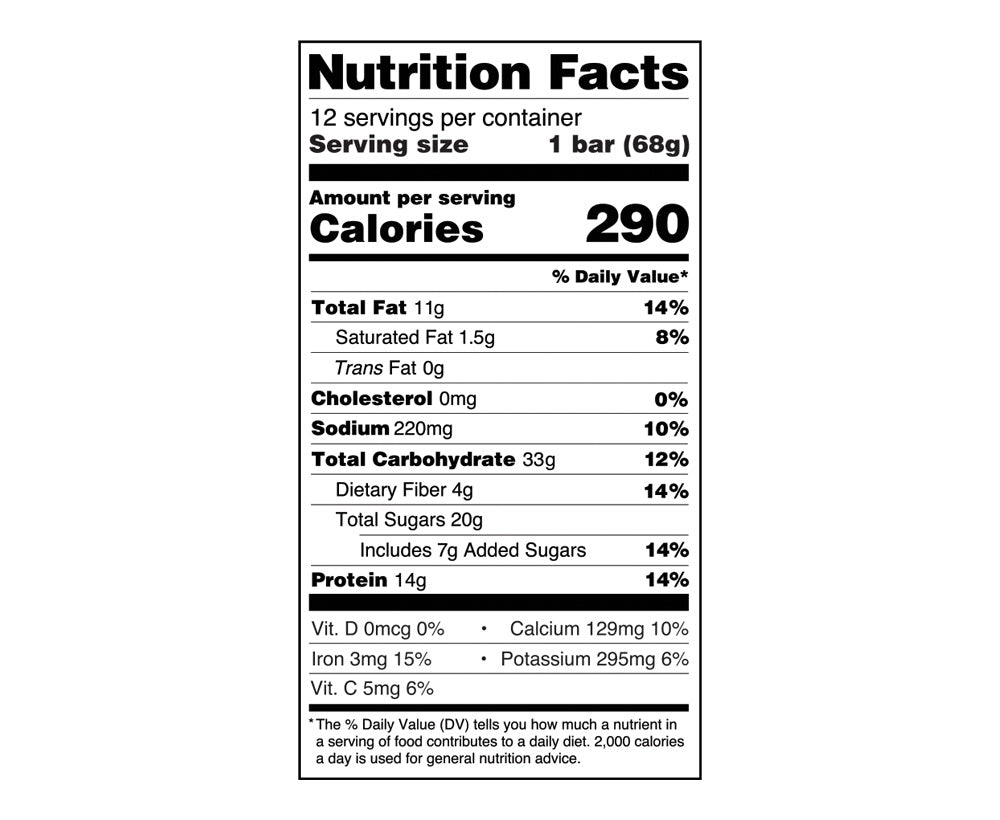

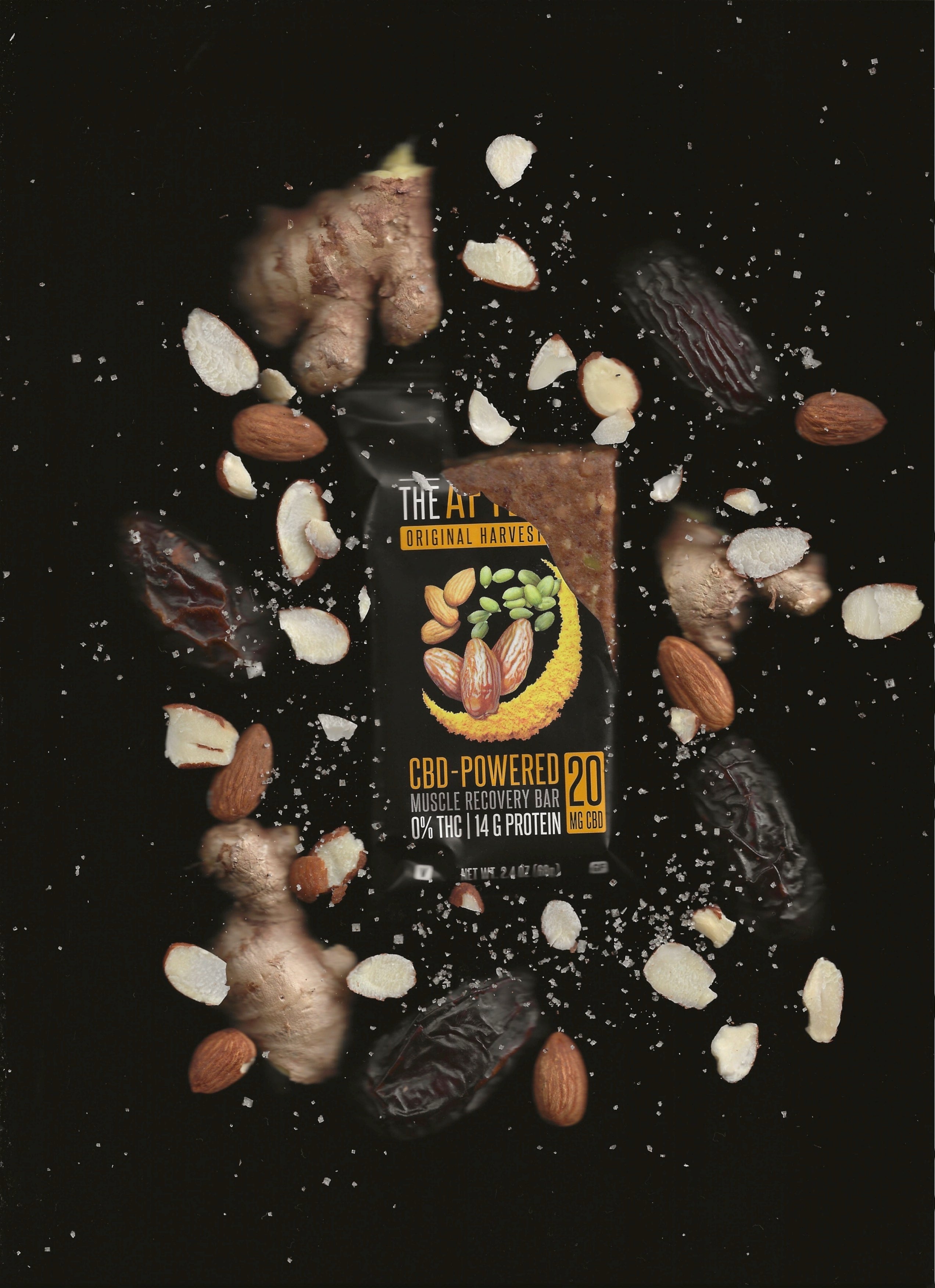



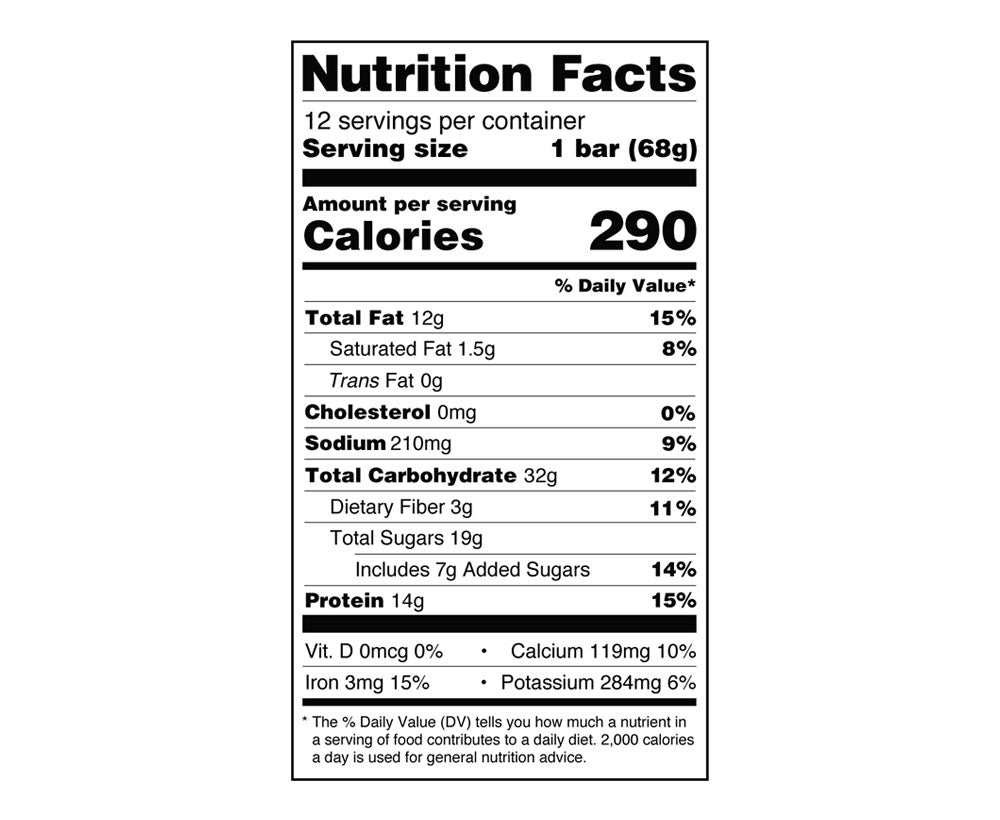

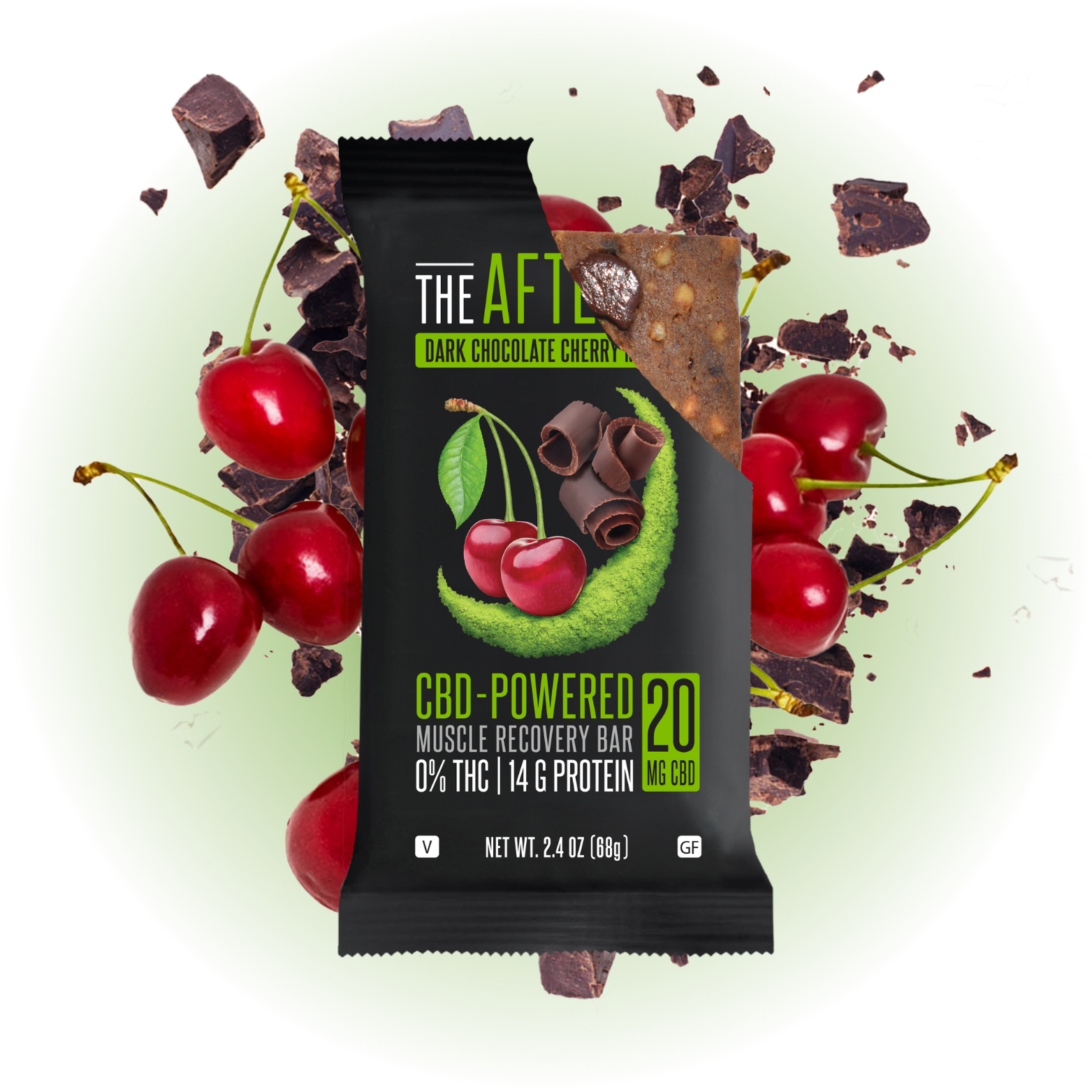

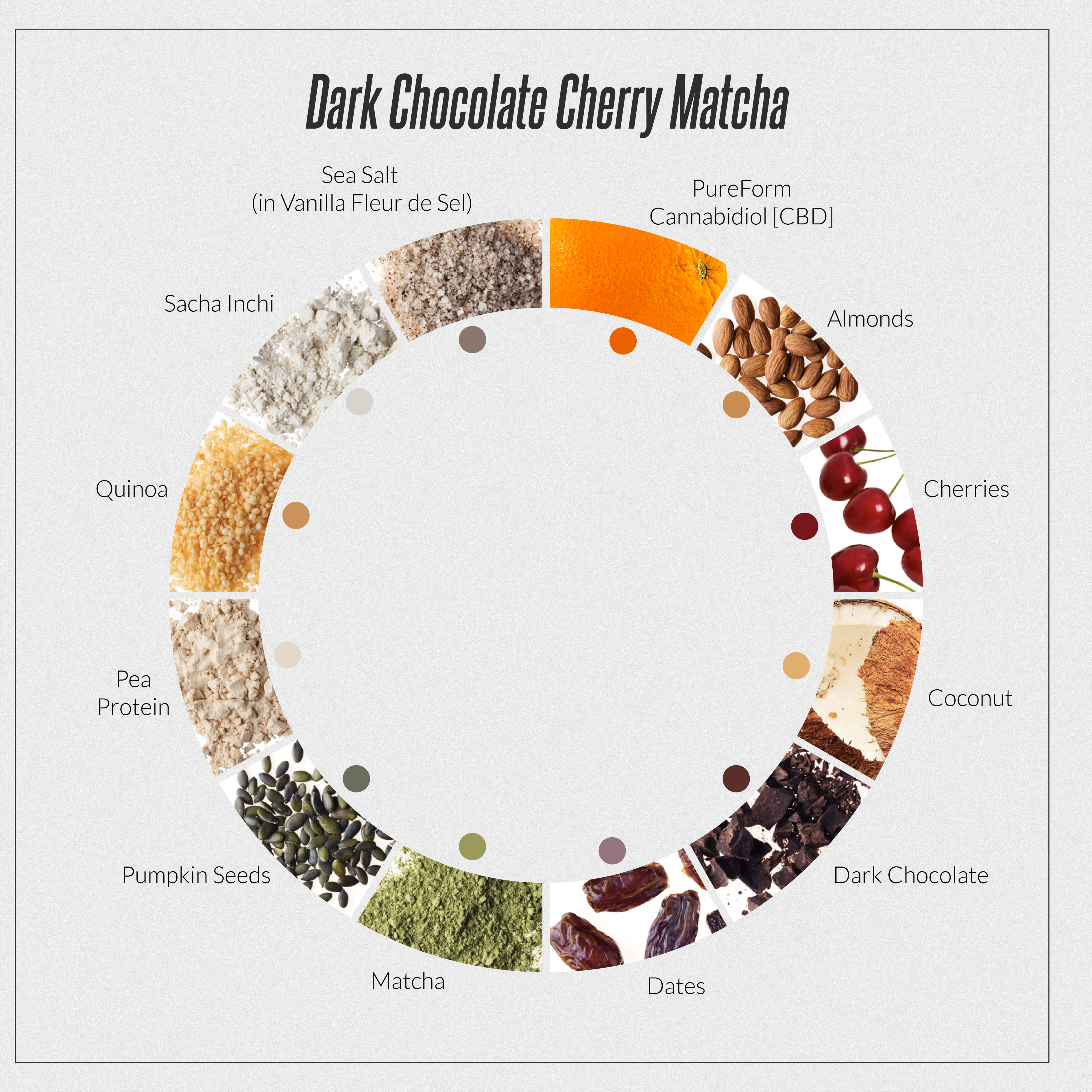
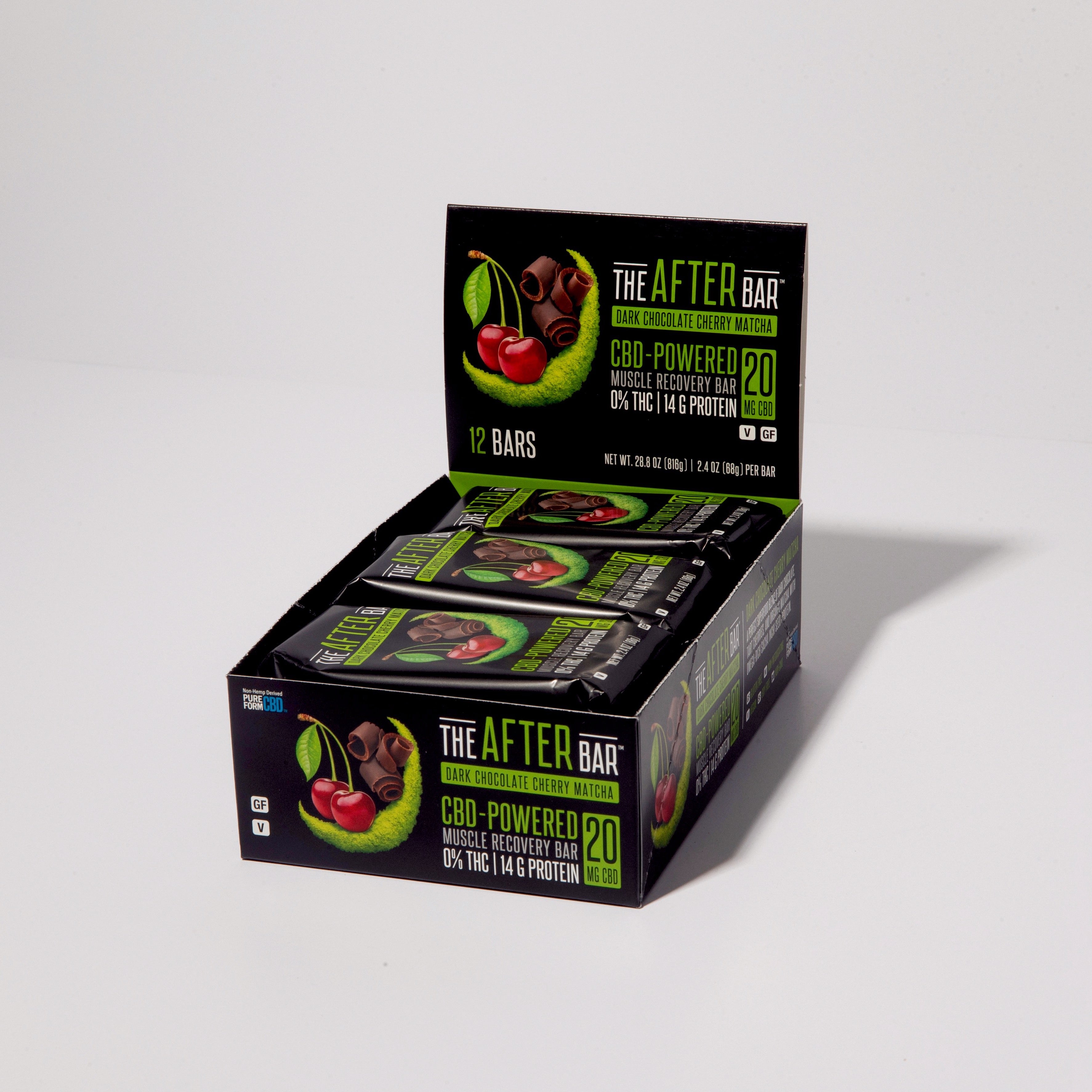
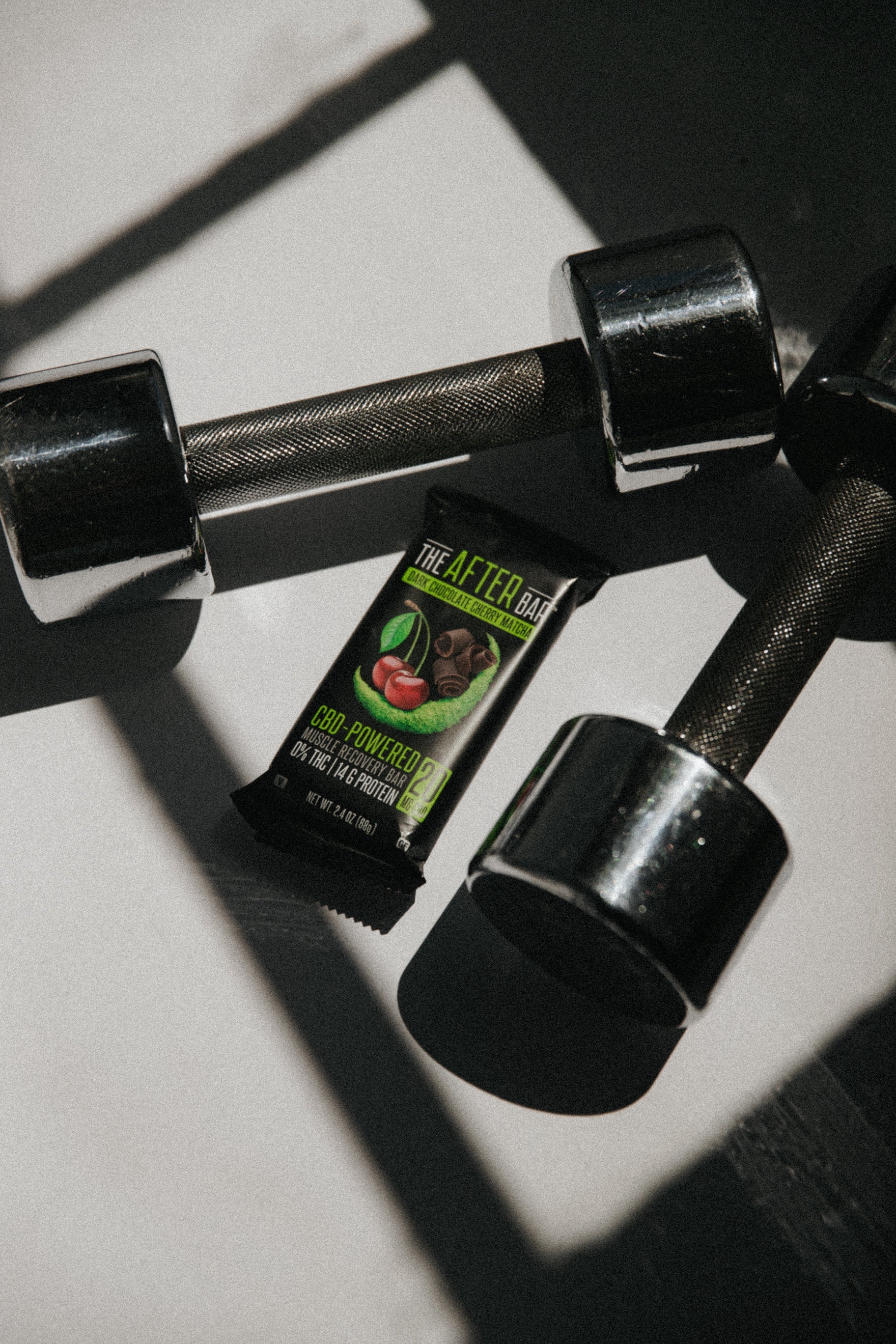

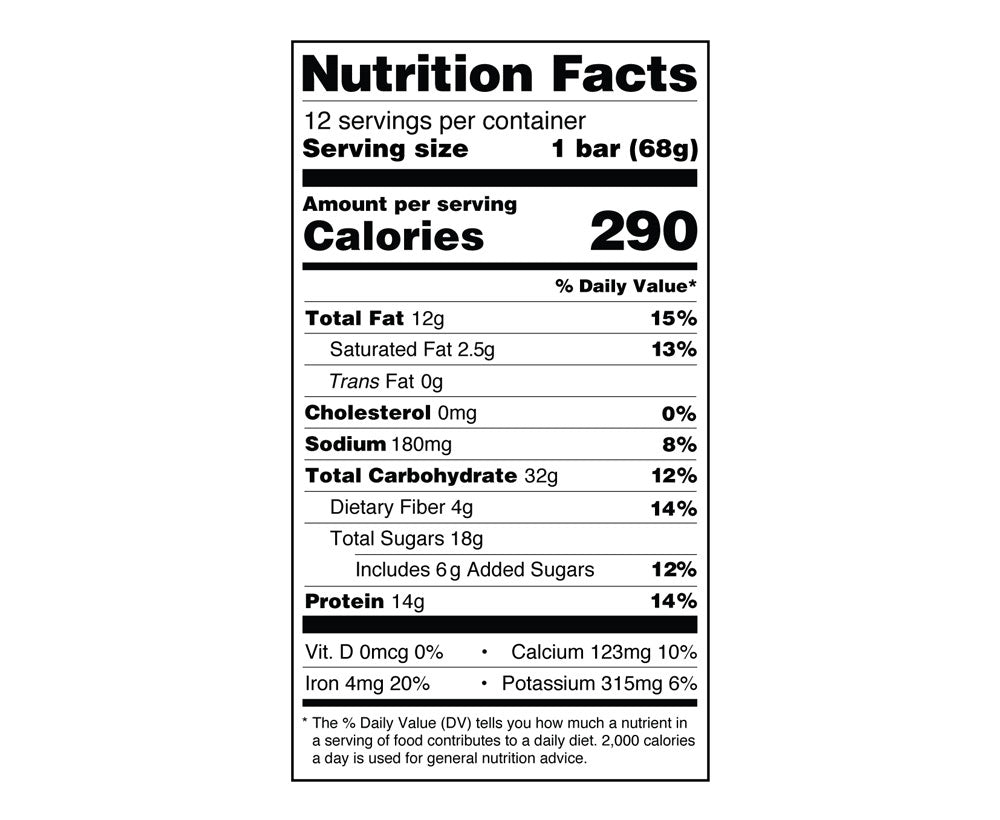
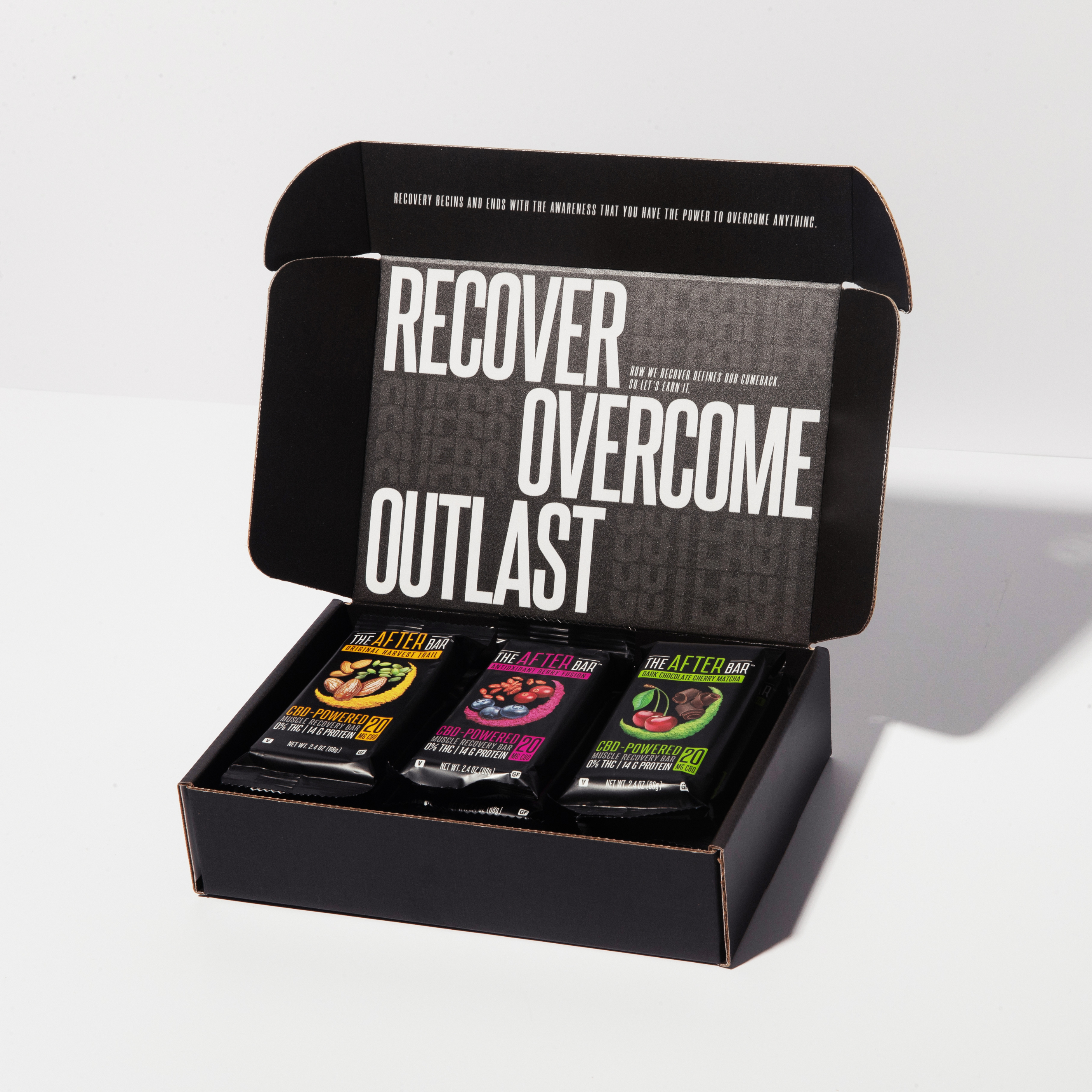
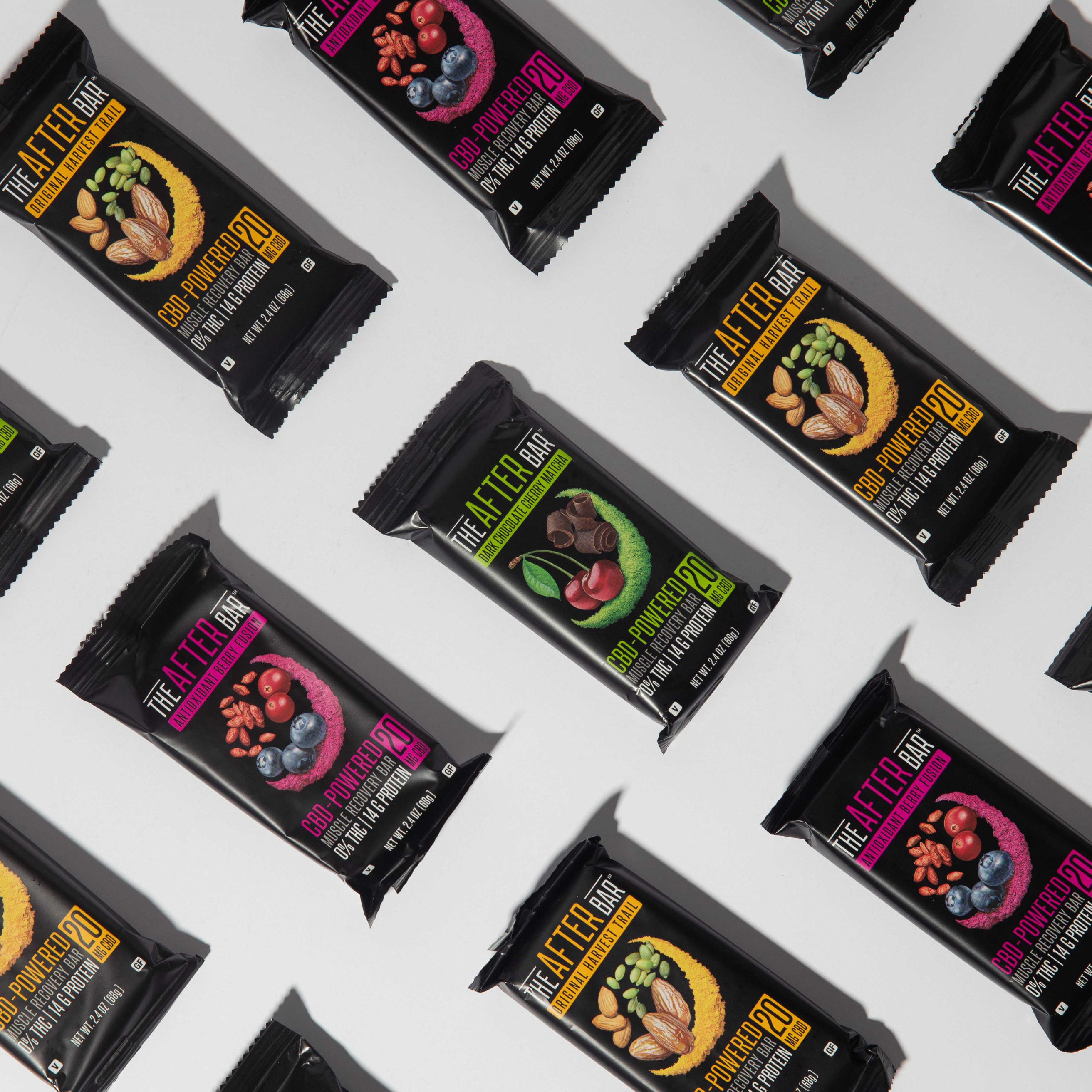

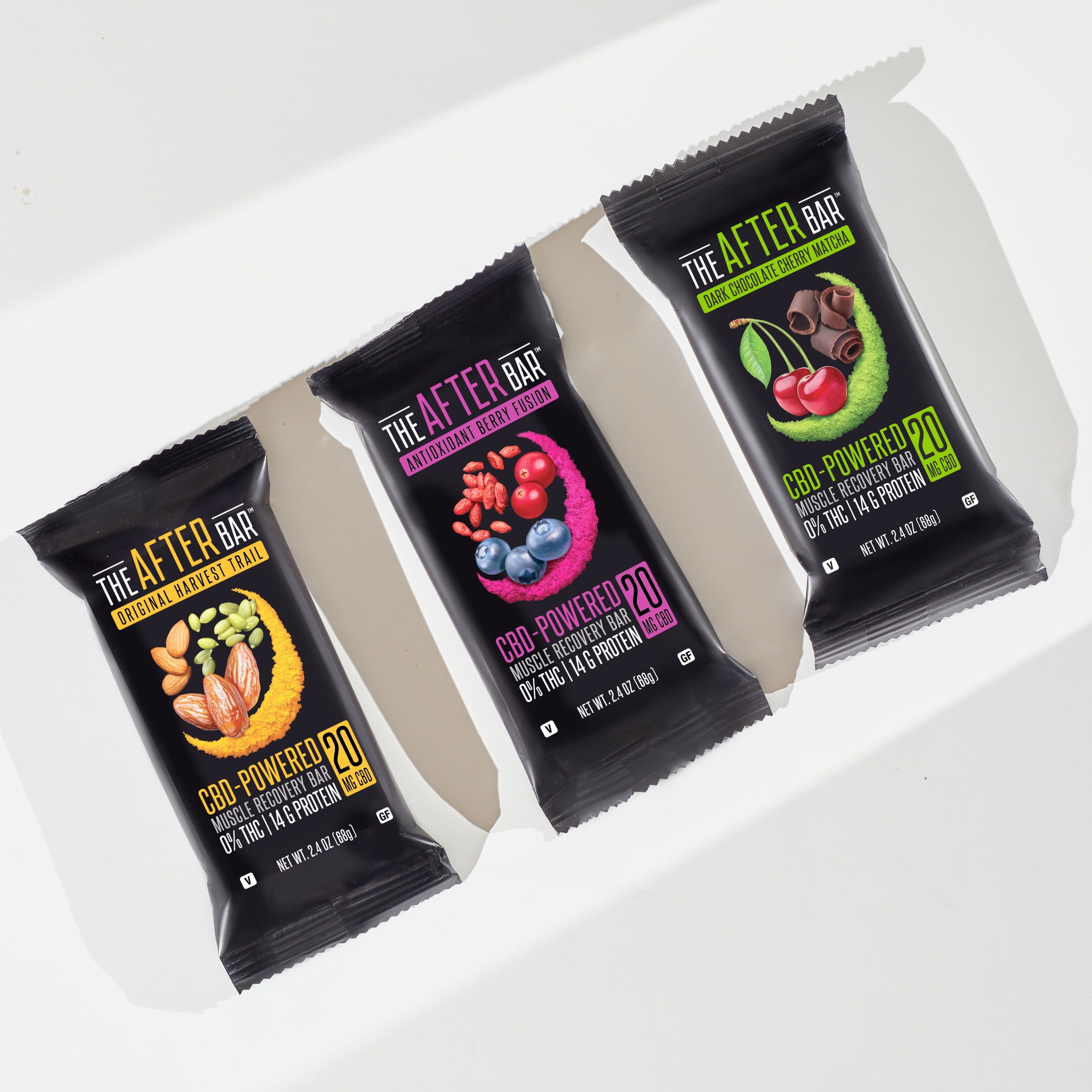
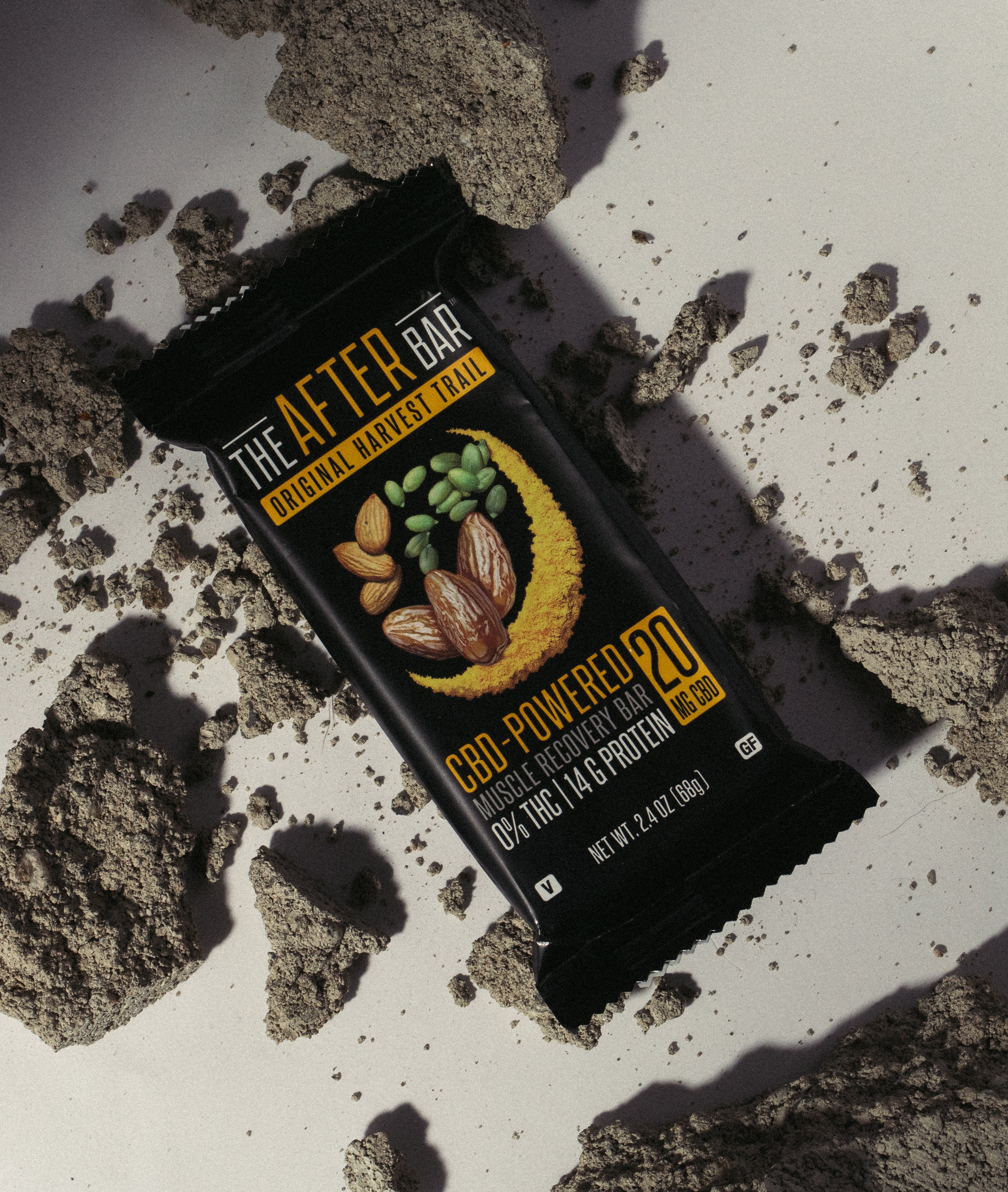
Leave a comment